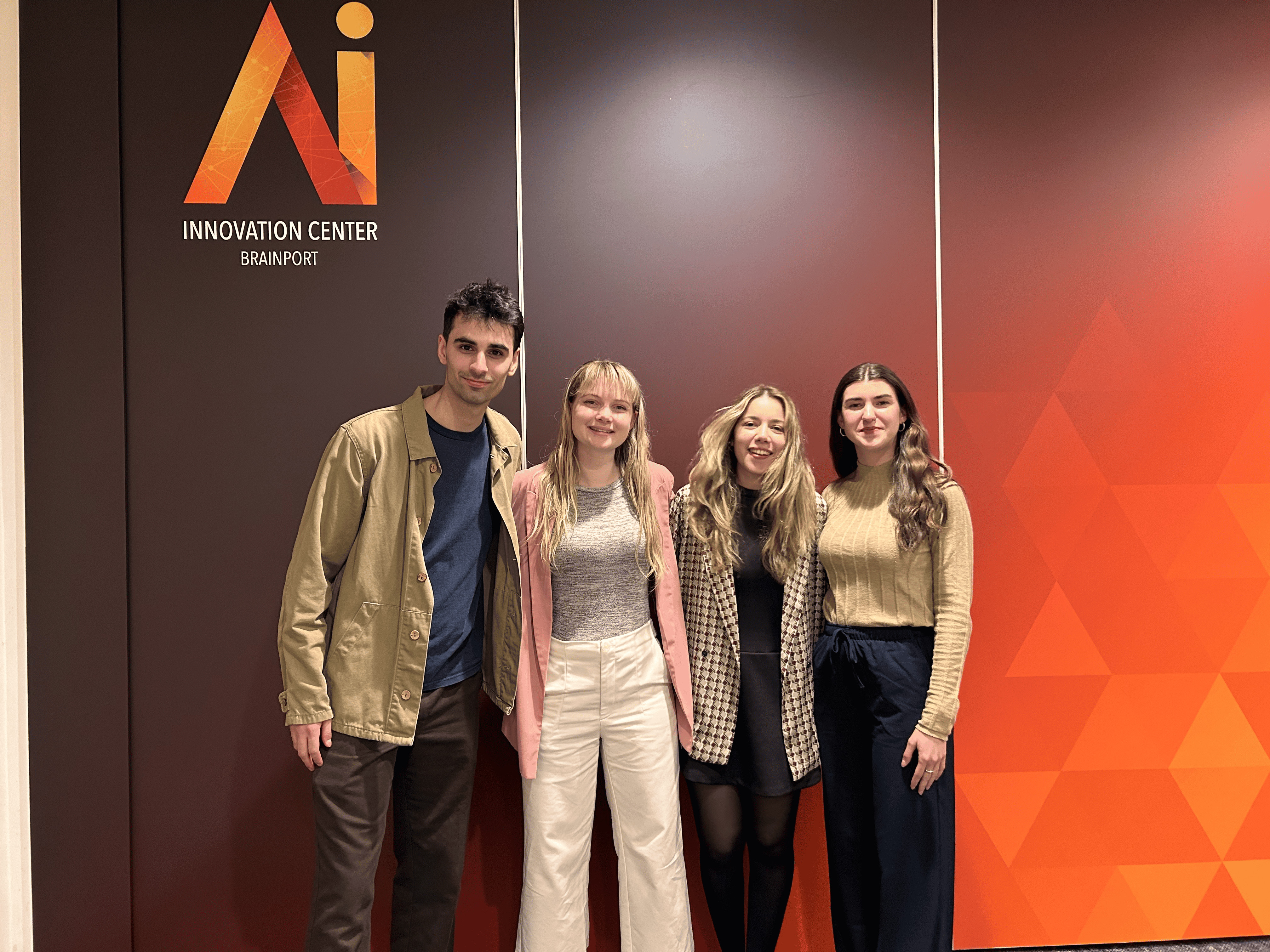
About Serieuzeneuzen
- Founders: Merel De Vleeschouwer
- Founded in: 2021 in Boortmeerbeek
- Employees: 1, soon 2
- Money raised: 7200 euros (via crowdfunding)
- Ultimate goal: To integrate the game into a family and at many other places in such a way that greater safety and trust is created among them so that kids can grow up resilient and adults nurture their own resilience.
SerieuzeNeuzen, a start-up from the Belgian town of Boortmeerbeek, has designed a board game in collaboration with the for-profit social enterprise NEKTARI from Puurs-Sint-Amands that aims to improve communication within families. “De Serieuze Neuzer” (The Serious Noser) is a board game aimed at fostering communication and relationships between people, both young and old. Innovation Origins spoke with founder Merel De Vleeschouwer for this instalment of start-up of the day.
How did you come up with the idea for this game?
“I want to do my bit to create more vulnerability, openness and a greater sense of connection between people. When someone ‘dares’ to show their vulnerability, it instantly creates a real connection and especially a lot more beauty. We could do with quite a bit of that at the moment. I am not the only one who is now putting an effort into making connections, daring to feel and daring to have faith in these sometimes fearful times. I just like to do it my own way. And that means playfully, powerfully and with a hint of magic. In every relationship (e.g., parents/children – partners – colleagues – friends – acquaintances) it is often a challenge to feel safe enough to dare to completely be yourself. That’s a shame. As human beings, we tend to pass judgments too quickly. I want to change that and focus on what unites us: namely love and tolerance. Less judgment and more trust.”
Young people are also having a hard time
“This is indeed what recent health surveys show. They are having a hard time, relationships are under a lot of stress, things are financially tough for a lot of people. So, more than ever, we need some lightheartedness, to be heard, to feel connected with each other and to share some perspective as parents. The way parents communicate with their children can be crucial for their self-confidence later on. The stability and warmth of the family you grow up are the keystones for your later happiness and resilience.”

How does it differ from a classic board game?
“Classic board games are primarily about having fun and being competitive. That’s definitely enjoyable. I also go all out to win when I play a game. But there are few games that consciously focus on training social skills. Which is what this game does. The game is a facilitator, a means to get the conversation going. It helps you to express yourself in a constructive, engaging way and focuses on what possibilities and solutions tere are. It triggers emotional awareness and teaches you to assume responsibility in an emotional sense. Imagine that someone in the game says that they want to gain more recognition. Then by asking questions, we will find out how exactly that person would like to get that. Because we are all different. It becomes more tangible than how we etend to communicate with one another during the daily grind. Accomplishing that kind of goal through a game is innovative.”
Who do you want to reach out to with the game?
“The game is primarily geared towards families. But it can be used much more widely in all kinds of relationships. It is perfectly suitable for therapists, family support workers, teachers and so on. This game is also available in a slightly different form for companies. Every team leader can use this game to test the level of commitment on current themes, or the mutual relationship of all the individuals in their team. And do that in a highly effective way.”
Does the game also work as preventatively?
“If every family or team plays this game at least once a month, I’m convinced that frictions and wrangles can never become really serious because you put those problems out there on the table in time. On the one hand, the game challenges those who are more introverted to speak up, and on the other hand, the more extroverted ones will consciously give them space and be encouraged to listen patiently. The game will definitely create a long-term effect.”
What are your own experiences with this game?
“Of course, I have played the game plenty of times myself in my extended family, which served as a test audience. It is utterly disarming what comes out of the mouths of children. We were also surprised how rich their emotional world is and how well they know what they want and especially what they need. So tears of gratitude often flowed. I also use this method for team building. You can see that it just works! People always go home feeling positive, but each and every one of them is grateful for the things that are talked about and the clarification that this provides.”
What are your plans for the future?
“The message now is to put effort into marketing and sales to get this game into as many living rooms and workplaces as possible. Besides that, I want to add an online coaching program about non-violent teamwork and non-violent parenting to both the game for companies and the game for individuals. As my partner will also soon be participating in SeriousNeuzen, our income will not only depend on sales of the game or team building, but we will also be creating a passive income to build up some stability.
The more successful it is, the more opportunities to spread our mission and the more impact we will be able to have. Apart from that, we also want to adequately reflect the social objective. The choice to team up with NEKTARI is one of them. But at the same time, we want to look for opportunities to make this game available to people who do not have the same kind of financial freedom or opportunities as well.”









